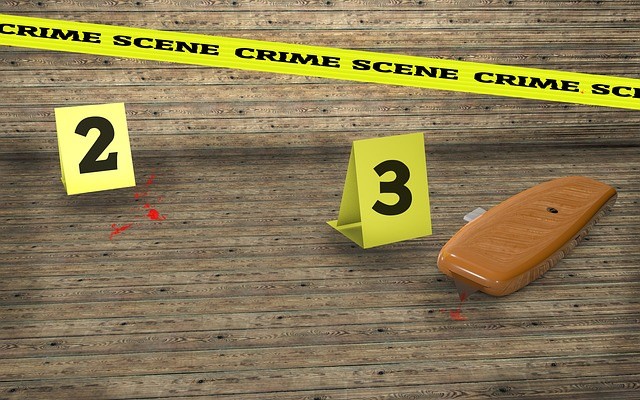Police Arrests Man who Made Racist Comments and Stabbed a Black Man in Texas

An assault on a black man by a 27-year-old white suspect in Texas was added to a growing list of crimes against people of color as a result of George Floyd's killing. Suspect Montana Amburn, according to police, was reportedly making racially offensive statements before he was kicked out of a bar.
Amburn was taken into custody after the incident on Wednesday evening at Mickey's Pub in Mineral Wells. A press release specified that according to police, the suspect was indicted with "aggravated assault with a deadly weapon."
Meanwhile, the unidentified 33-year-old victim was confined in a hospital with non-life-threatening injuries, according to investigating officers.
Racist Comments
The incident started just before midnight when police in Mineral Wells received a call, reporting a huge fight and stabbing at a bar. Amburn had already escaped when the officers arrived.
Also, according, as indicated in the press release, some witnesses at the scene were able to give the suspect's name and description to the officers. It specified as well, that witnesses referred to Amburn, making some racist remarks
As the bar's manager escorted the suspect out, the authorities said in the press release, and they got into an argument. And once he was outside, Amburn reportedly continued berating other customers that included the victim and his wife.
At one instance during the incident, police said, Amburn confronted the wife of the victim and, based on the witnesses' statements, stabbed the victim after he interfered in the confrontation.
Not a Hate Crime
Amburn was located at a home a few hours after the incident and brought to the hospital with an injury in his head. Reports said he was later apprehended "and booked into the Palo Pinto County Jail." It was not clear, though if the suspect had a lawyer.
According to the Mineral Wells Police Department, it has been being questioned why Amburn has not been indicted with "a hate crime."
In addition, police said in the press release it issued that, the designation of a committed offense due to prejudice or bias is decided during the criminal trial's innocent or guilt phase and not during the time of apprehension or arrest.
Hate Crimes Defined
Also known as a "bias-motivated crime," hate crime impacts an individual's safety and security, as well as that of his society and community in general.
Essentially, hate crime is a criminal act driven by prejudice or bias towards specific groups of individuals. For an occurrence to be considered a "hate crime," first, an act must institute a felony under criminal law; second, the particular act must have been driven by bias.
Hate Crime may comprise of property damage, assault, threats, murder or any criminal act done with the motivation of prejudice and bias.
This kind of crime does not just impact individuals from particular groups. Even property or people simply connected with or believed to be part of a group, sharing a shielded characteristic like places of worships or human rights advocates to name some, can be targets of hate crimes, as well.
Check these out!
Subscribe to Latin Post!
Sign up for our free newsletter for the Latest coverage!
© 2026 Latin Post. All rights reserved. Do not reproduce without permission.















